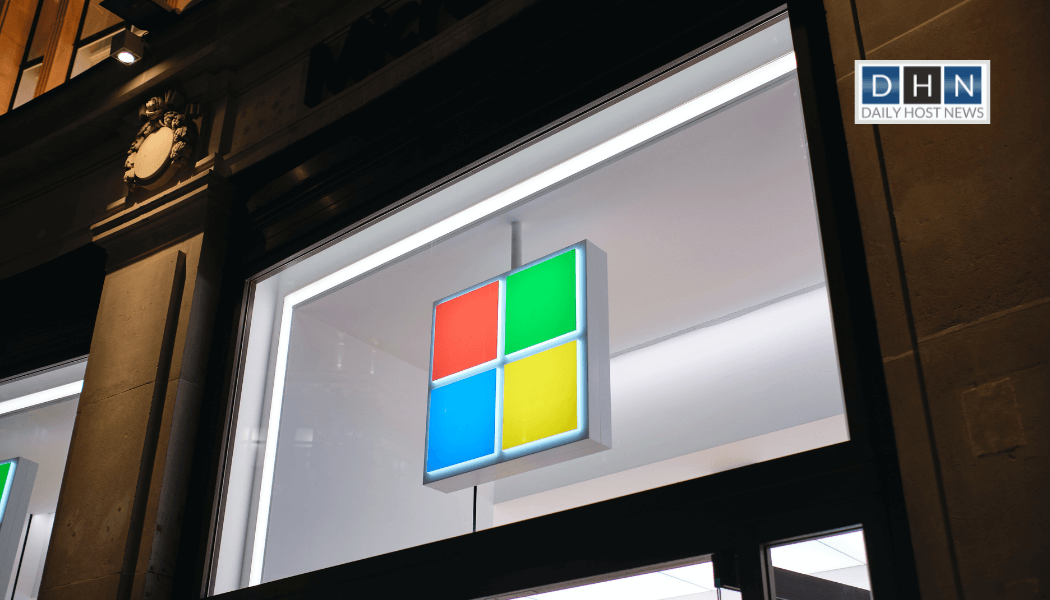It appears that Microsoft has significant ambitions for artificial intelligence (AI), with a particular focus on natural language technology such as ChatGPT. The company seems to be increasingly convinced that these types of technologies will play a key role in the future of computing. With recent integrations of ChatGPT into its Bing search engine, business intelligence, and app-development tools, it seems that Microsoft is making a concerted effort to expand the reach of this technology across its products and services.
Recently, Microsoft bundled the technology behind ChatGPT with its Power Platform, which enables users to develop applications without extensive coding. This integration marks the latest instance of Microsoft incorporating artificial intelligence into its products.
Microsoft has updated a range of business intelligence and app-development tools within its Power Platform, including Power Virtual Agent and AI Builder, with new ChatGPT capabilities. Power Virtual Agent, which is used by businesses to build chatbots, now can connect to internal company resources and generate summaries of weekly reports and customer queries. Additionally, AI Builder now offers generative AI capabilities that allow businesses to automate workflows.
Microsoft has also launched Dynamics 365 with integrated ChatGPT technology, providing a business management platform that takes advantage of this technological advancement. The “Dynamics 365 Copilot,” includes a variety of applications for sales, customer service, and marketing. It incorporates ChatGPT-powered AI capabilities that can automate tasks such as data gathering and analysis, creating email campaigns, and more.
ChatGPT in Bing and Microsoft Office suite
Microsoft has already integrated the GPT technology, which is the “brain” of ChatGPT, into its Bing search engine. However, as of writing this news, users have to join a waiting list to access the new version of Bing. With this integration, Bing can now extract information and format it into a response that effectively answers users’ queries, rather than simply returning web pages.
In addition, Microsoft may be considering incorporating ChatGPT functionality into its suite of Office software, which includes popular enterprise productivity tools like Word, Excel, PowerPoint, and Outlook. This move could potentially bring the power of natural language processing to a wide range of business applications, making it easier for users to access the information they need and perform tasks more efficiently.
Microsoft Teams, a collaborative working environment with video conferencing and virtual calling features, has integrated ChatGPT capabilities. Premium users can benefit from automated note-taking features that generate bullet-pointed references of ongoing conversations. This feature also automatically summarizes meetings, provides real-time language translations, creates to-do lists based on conversations, and generates call transcripts and summaries.
In addition to these updates, Microsoft also announced that Chief Executive Officer – Satya Nadella will be hosting an event on March 16 to discuss the company’s vision for “reinventing productivity with AI”. This event will likely dive into Microsoft’s further plans to develop AI-powered tools that will change how individuals and organizations work.
Read next: VMware announces innovations enabling service providers and enterprises to expand 5G capabilities








